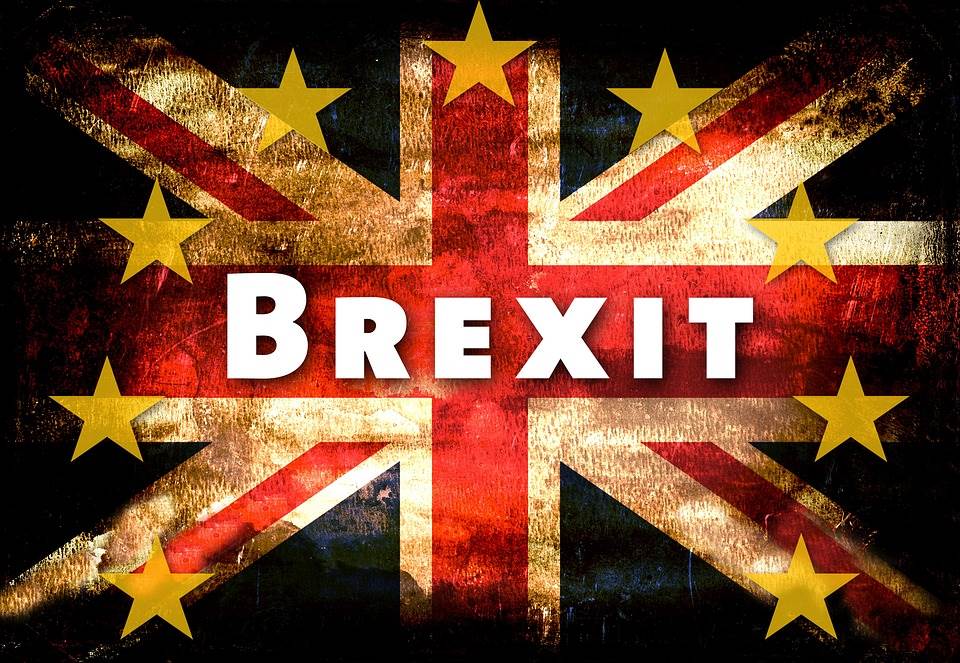
The Leader of the Brexit Party, Nigel Farage, said that his party is not willing to run against the British conservative party, in a move that many consider was caused by the pressure of the main supporters of his party, as running against the Tories in places like London, the South and the South West could split the pro-Brexit vote and giving the advantage to pro-remain parties in the British parliament.
Farage's party, instead, will focus on stopping a second Brexit Referendum, which is currently one of the main plans of the Opposition.
"I have no great love for the Tories, but by giving Boris Johnson a chance we will stop a second referendum," said Farage on his Twitter account.
Britain's Prime Minister Boris Johnson welcomed the move, saying that "recognition that another gridlocked hung parliament is the greatest threat to getting Brexit done", adding that another hung parliament would lead to two more "chaotic" referendums next year.
According to Johnson, the Conservative party only needs 9 more seats to be able to form a majority government and leave the European Union at the end of next January with a deal.
"Only a majority Conservative government can get Brexit done," said Johnson on his twitter.
The British Pound hit a six-month high right after Farage's announcement, gaining 1 percent against the Dollar, and hitting the $1.2896 level. Conversely, it rose against the Euro, at 85.62 pence.
The leader of the British opposition, Jeremy Corbyn, wasn't very happy with the decision, saying that such a decision was made because of the United States President Donald Trump's suggestions.
"One week ago Donald Trump told Nigel Farage to make a pact with Boris Johnson," said Corbyn, "Today, Trump got his wish. This Trump alliance is Thatcherism on steroids and could send £500m a week from our NHS to big drugs companies. It must be stopped," he added.
However, this is not all bad news for the opposition, since this informal deal would imply that some of the potential Brexit party voters would vote for the opposition or stay away, as many are not willing to support the conservative party.
The next British General Elections are set to happen on December 12.
The British economy grew at its slowest pace in a decade
According to data released by the Office for National Statistics, the British economy grew 1 percent (year-to-year) on the third quarter, against Q2's 1.3 percent and slowing to its lowest level in a decade.
"Looking at the picture over the last year, growth slowed to its lowest rate in almost a decade," said an Office for National Statistics Spokesman.
However, the British economy avoided a recession this time, since, after two-quarters of contraction, as the economy grew 0.3 percent on the Third Quarter. The trade deficit also diminished, mostly due to growing goods and services exports.
"Services again led the way, with construction also performing well," said the ONS on its report, "Manufacturing failed to grow, as falls in many industries were offset by car production bouncing back following April shutdowns," it added.
The conservative political establishment welcomed the figures, saying that this is a sign of the British Economy's strength.
"Another welcome sign that the fundamentals of the UK economy are strong," said the Chancellor Sajid Javid, "Under the conservatives, we've seen nine consecutive years of growth," he added.
While the opposition claimed that this is another sign of the poor performance of the economy.
"The fact that the government will be celebrating 0.1% growth in the last six months is a sign of how low their hopes and expectations for our economy are," said the Shadow Chancellor John Mcdonell.
By 8:40 GMT the Pound Sterling went down to the 1.2832 level, losing 0.15 percent against the US dollar. It remained almost steady against the Japanese Yen and the Swiss Franc, losing 0.01 and 0.04 percent and hitting the 140.15 and 1.2762 levels respectively.
